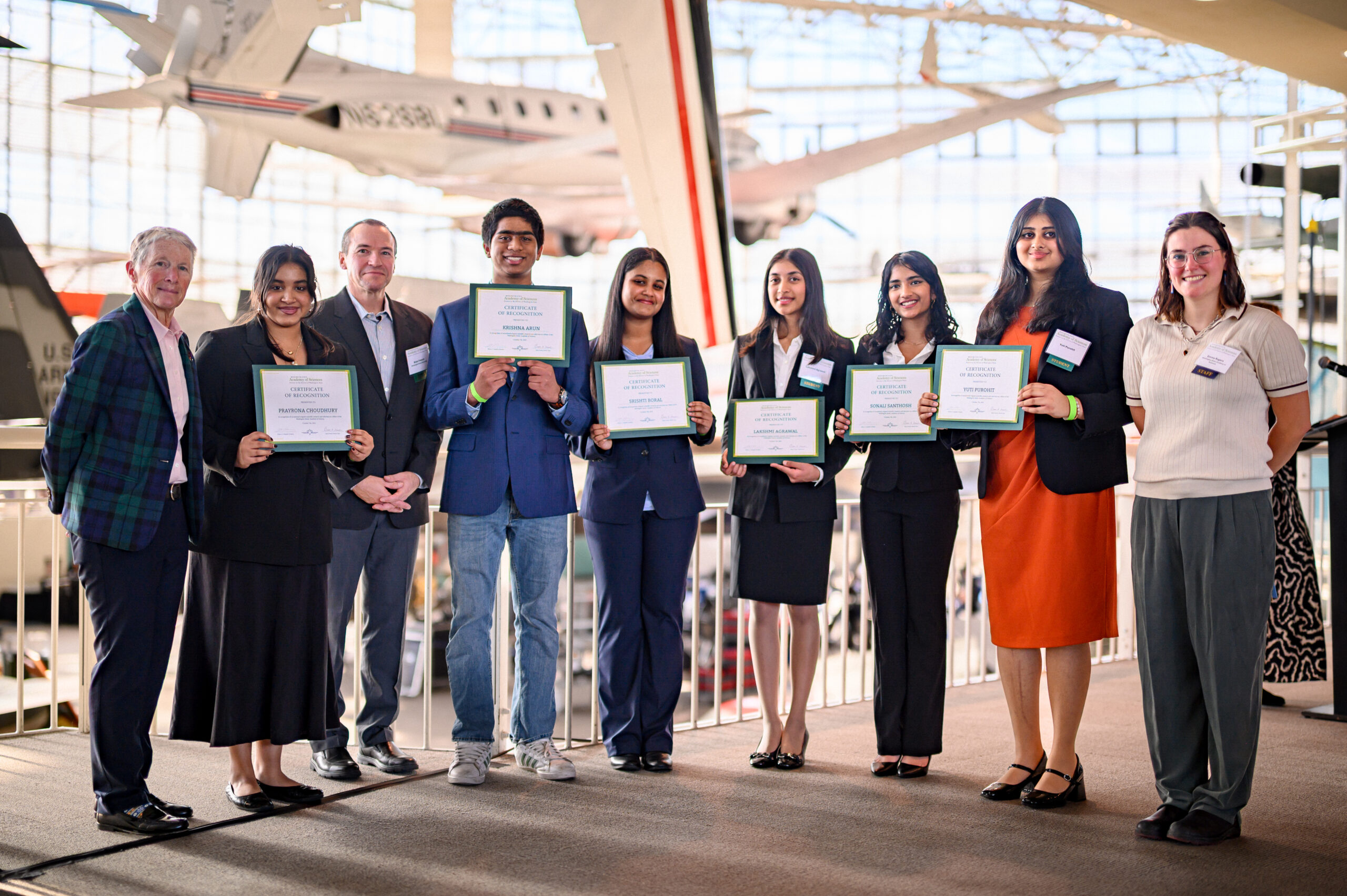
WSAS Board member David Eaton served as the Chair of the National Academy of Sciences, Engineering, and Medicine’s recent report on “Public Health Consequences of E-Cigarettes”, published earlier this year. In the report Eaton and a committee of 12 other experts critically evaluated over 800 peer-reviewed papers that addressed one or more of the often-controversial aspects of e-cigarettes. The Committee focused on evaluating the strength of scientific evidence surrounding four main questions: 1) What is the ‘intrinsic harm’ of e-cigarettes themselves, and what is the relative harm compared to the known risks of tobacco smoking? 2) Are e-cigarettes addictive, and do they introduce teens and young adults to a lifetime of tobacco smoking? (What is the evidence that they increase ‘smoking initiation’ among youth?) 3) Are e-cigarettes an effective means to help those addicted to tobacco cigarettes, quit smoking? (What is the evidence for smoking cessation efficacy?) and 4) Taking these three factors into account, what are the overall public health consequences of e-cigarettes?
The committee held six meetings over a 9-month period to evaluate the current state of knowledge and assemble the report. They found that there are some potentially toxic components present in e-cigarette vapors, and that some of these have the potential for long-term adverse effects, although the evidence demonstrating such effects does not yet exist because these products have been in widespread use for less than 10 years. There is, however, substantial evidence that these devices deliver doses of nicotine comparable to combustible tobacco cigarettes and are likely just as addictive. There is also some evidence demonstrating the short-term adverse health effects of nicotine in e-cigarette users, such as changes in heart rate, respiration, and blood pressure, and the aggravation of asthma. There was convincing data that e-cigarettes contain far fewer potentially toxic chemicals, and much lower exposures, when compared to combustible tobacco cigarettes.
There was limited evidence that smoking e-cigarettes leads to an increase in tobacco use among youth, but more research is needed to understand the magnitude of this effect. Likewise, there was limited evidence that e-cigarettes can help smokers quit smoking, although there was insufficient data to know whether they are more or less effective than other FDA-approved smoking cessation tools.
Finally, using a population dynamic model with various assumptions about intrinsic harm, smoking initiation rates among youth and smoking cessation rates in adults, the Committee found that, under the majority of reasonable assumptions, e-cigarettes are likely to have a net positive impact on public health. However, this is heavily influenced by assumptions about the effectiveness of these products as smoking cessation tools, and much more research is needed to determine this.
Because there is likely some intrinsic harm from use of e-cigarettes, and the real possibility that they could introduce young teens to begin smoking cigarettes, there is a need for greater public awareness about the potential harm these products may cause, while also recognizing the value they might have as smoking cessation aids in adults addicted to tobacco products.
The Washington State Department of Health provides some excellent educational materials on e-cigarettes/vaping, directed toward teens and parents.
Related Posts
January 23, 2026
A new initiative from the Washington State Academy of Sciences called Growing with AI will bring together the state’s tech giants and diverse farming community to tackle pressing challenges in the agriculture industry.
October 28, 2025
WAJAS is a WSAS program recognizing exceptional high school students from across the state for outstanding original scientific research and offering opportunities to connect with the research community in Washington and beyond. Fellows were publicly honored alongside Washington's top researchers at the WSAS 20th Anniversary Celebration on October 7.
October 14, 2025
Amid political polarization and uncertain federal research policy, Washington leaders are betting on stability through a unique innovation ecosystem rooted in the state’s institutions and businesses. That was a theme at the 20th anniversary celebration of the Washington State Academy of Sciences, held Tuesday evening at Seattle’s Museum of Flight.


